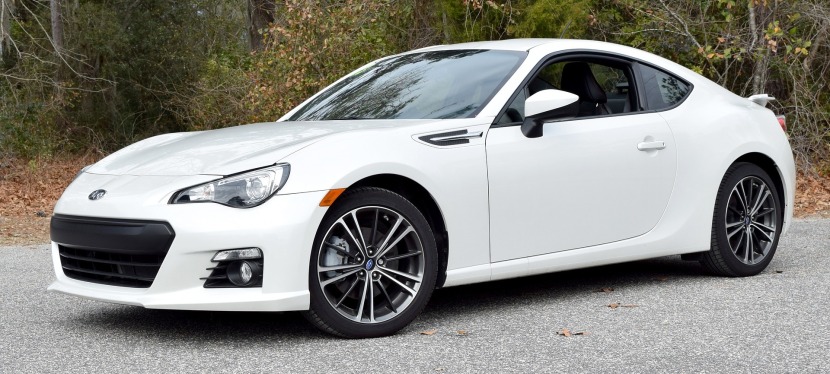By Frank Sherman
Yesterday, the EPA announced a long awaited rollback of federal fuel economy standards for cars and light-duty trucks in the U.S. (Vox, Aug 2, 2018). (See a previous blog post about it here.) The proposal, released Thursday morning by the EPA and the US Department of Transportation, called the Safer Affordable Fuel-Efficient (SAFE) Vehicles Rule freezes the fuel economy standard for model years 2021-2026. The rule also revokes California’s waiver to set its own rules under the Clean Air Act, a waiver also followed by 13 other states and the District of Columbia, representing approximately 35% of the vehicle market.
The transportation sector has taken over from electric power generation as the largest greenhouse gas emitter in the United States. This short-sighted move not only undermines one of the most significant steps the U.S. has taken to address climate change, but also hurts the global competitiveness of the U.S. auto industry at a time when the world is demanding cleaner, more efficient vehicles. The Union of Concerned Scientists estimated that this rollback would add 570 million metric tons of greenhouse gas emissions by 2030, equivalent to 140 typical coal-fired power plants for a year. The Environmental Defense Fund (EDF) found that the proposal would result in nearly 200 billion gallons of cumulative additional gasoline consumption by 2040. According to Margo Oge, former head of the EPA’s Office of Transportation and Air Quality, the fuel savings alone through 2025 would add up to $1.7 trillion. Ceres estimated the proposal would result in the loss of $20 billion in sales by auto parts suppliers between 2021 and 2025.
The EPA argues that the proposed changes would save money and lives. The agency reported that the prior standards would cost $500 billion over the next 50 years. They claim that people will continue to drive older, less safe cars to avoid the cost of air pollution equipment installed in new cars. “More realistic standards can save lives while continuing to improve the environment,” said EPA Acting Administrator Andrew Wheeler in a statement.
But many question the EPA’s rational. “At first glance, this proposal completely misrepresents costs and savings. It also relies on bizarre assumptions about consumer behavior to make its case on safety,” said California Air Resources Board Chair Mary D. Nichols in a statement. The existing CAFE fuel standards would add an additional $2,340 to the overall ownership costs of a new vehicle or an additional $468 per year over five years. Given that air pollution from vehicles is responsible for 30,000 premature deaths annually, it stands to reason that the lives saved by improving efficiency and reducing air pollution outweigh the lives saved by potential car buyers on the margins upgrading to safer cars.
California plans to fight back. “The Trump Administration has launched a brazen attack, no matter how it is cloaked, on our nation’s Clean Car Standards,” wrote California Attorney General Xavier Becerra in a statement. “The California Department of Justice will use every legal tool at its disposal to defend today’s national standards and reaffirm the facts and science behind them.”
A 60-day comment period will begin once the proposal is published in the Federal Register. Ceres will be organizing investor comments during that time. Buckle your seat belts…


